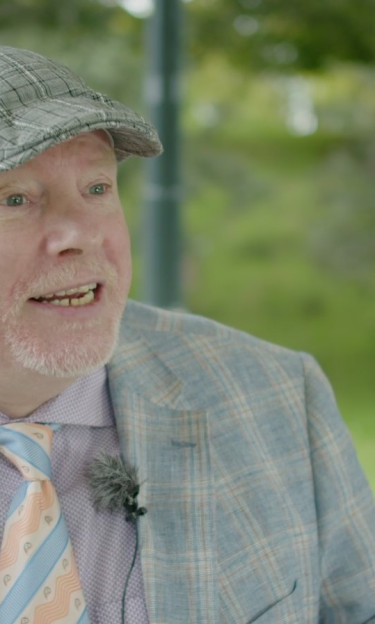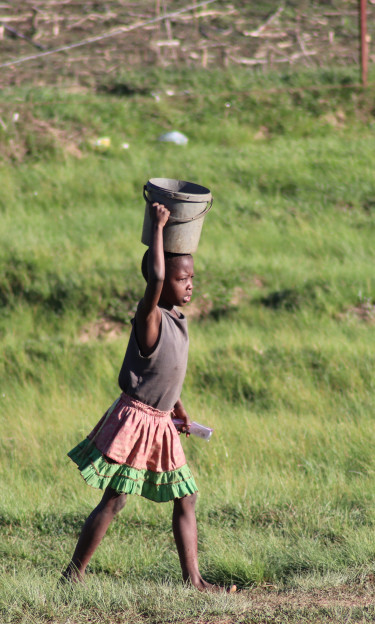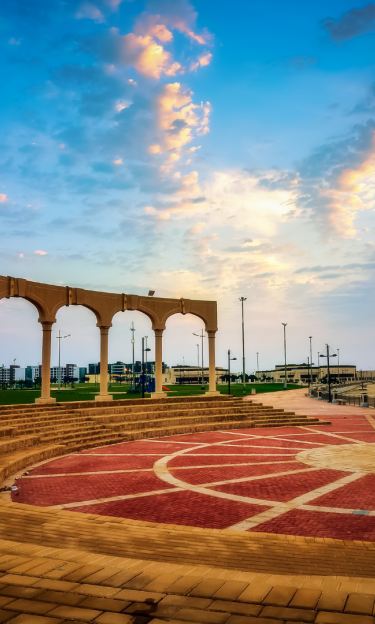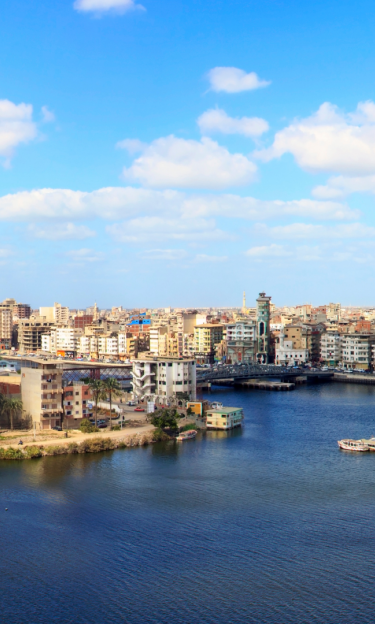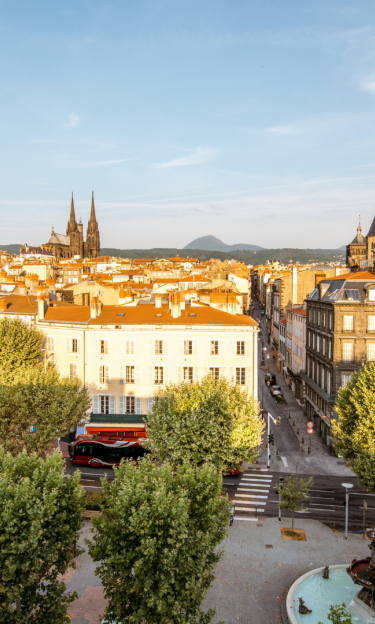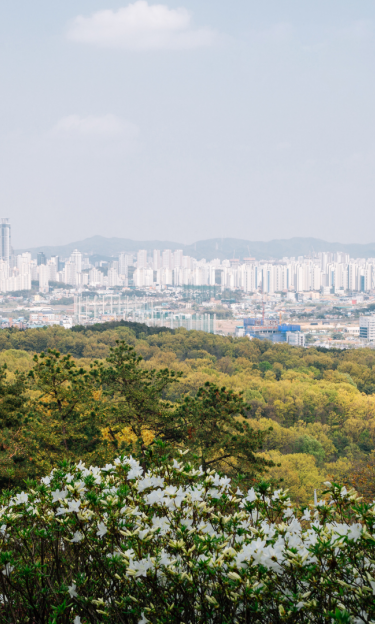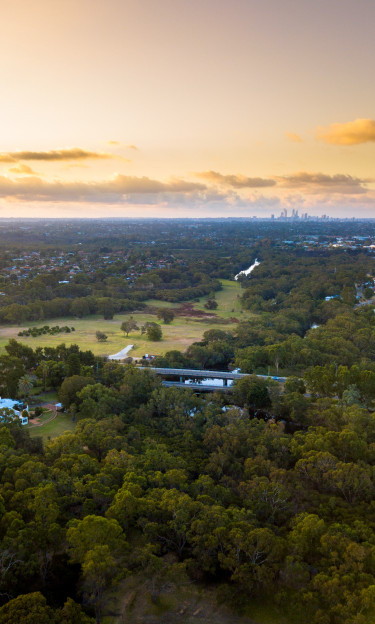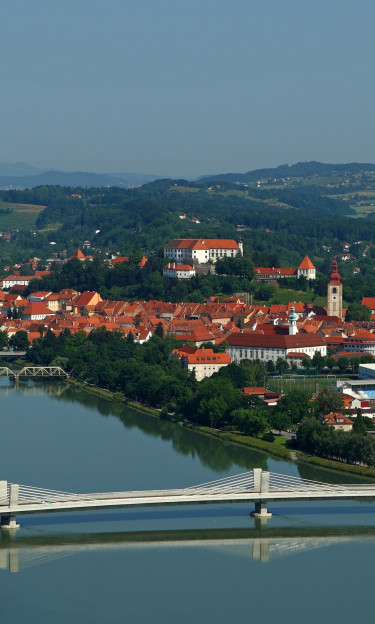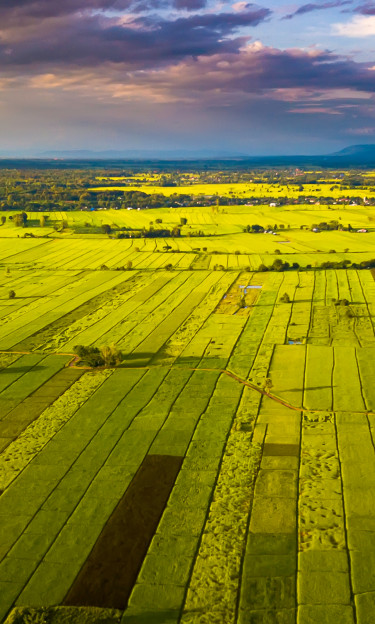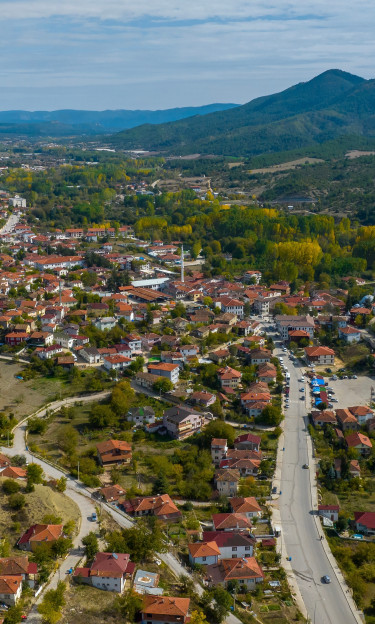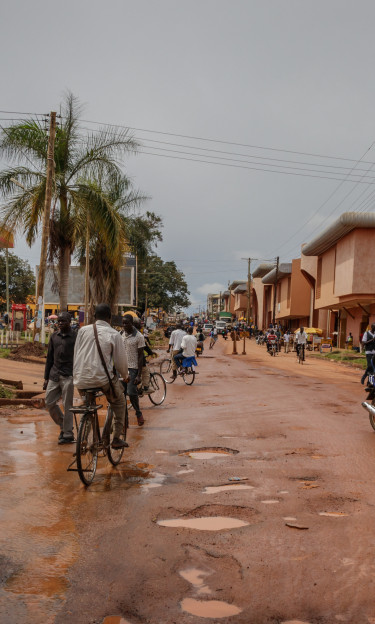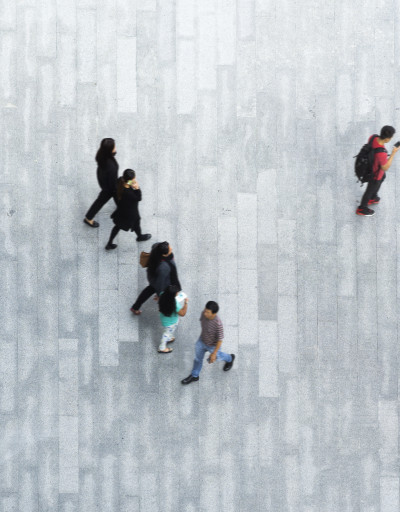
UNESCO Global Network of Learning cities
power lifelong learning for their citizens.
which boost international collaboration.
benefit from learning opportunities across the lifespan.
provide lifelong learning opportunities for all and make cities sustainable.

UNESCO learning cities
- effectively mobilizes its resources in every sector to promote inclusive learning from basic to higher education;
- revitalizes learning in families and communities;
- facilitates learning for and in the workplace;
- extends the use of modern learning technologies;
- enhances quality and excellence in learning; and
- fosters a culture of learning throughout life.
In doing so, the city enhances individual empowerment and social inclusion, economic development and cultural prosperity, and sustainable development.
News

The GNLC network supports the achievement of all 17 Sustainable Development Goals (SDGs), in particular SDG 4 (‘Ensure inclusive and equitable quality education and promote lifelong learning opportunities for all’) and SDG 11 (‘Make cities and human settlements inclusive, safe, resilient and sustainable’). Learning cities promote green and healthy environments, strive to achieve equity and inclusion, and support decent work and entrepreneurship. They are therefore key drivers of local-level sustainability in both urban and rural areas.
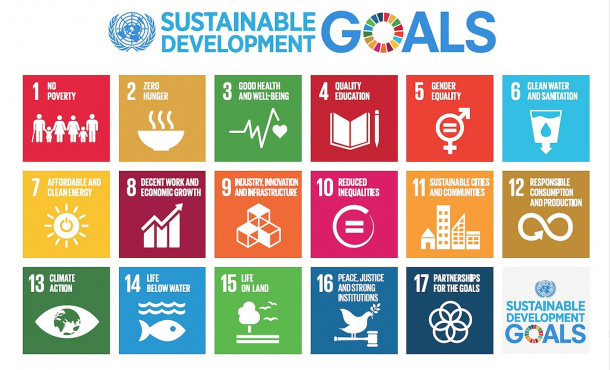
How did the project evolve?
In 2013, the UNESCO Institute for Lifelong Learning initiated the UNESCO Global Network of Learning Cities in order to facilitate social cohesion, economic development and sustainability in urban areas. In 2013, the first International Conference on Learning Cities adopted the Beijing Declaration on Building Learning Cities and the Key Features of Learning Cities, which are the network’s guiding documents. In 2015, the network began accepting members; since then, it has evolved into a driving force for the promotion of lifelong learning as a means of achieving the UN Sustainable Development Goals at the local level.
New membership regulations have recently been introduced; namely:
- The National Commission for UNESCO can endorse applications to join UNESCO GNLC from up to three cities per application period.
- One open call for applications is issued every two years for an application period of two months during which time cities may submit their membership applications to their National Commission for UNESCO. After this application period has ended, the National Commission for UNESCO has up to one month to send endorsed applications to the UNESCO GNLC Coordination Team. The next open application round will be in 2023.
- Member cities are requested to submit a Progress Report detailing how they are implementing their learning city project every two years.

Who can apply?
Key players and/or authorities from a city located in a UNESCO Member State that wishes to adopt the learning city concept may apply for membership. An application may only be submitted once it has been formally endorsed by the city’s mayor.
Who is the member?
The member is the city itself, represented by the mayor and/or the person who has been formally endorsed as a representative of the city. All endorsed representatives act as delegates of the city.
What are the requirements for becoming a member?
In order to join the network, the municipality should pursue the vision of providing lifelong learning and becoming a learning city, in the spirit of the values and objectives guiding UNESCO in pursuit of dialogue and international cooperation.
The strategies set out in the key documents, the Beijing Declaration on Building Learning Cities and the Key Features of Learning Cities, must be reflected in the membership application and adopted by the mayor of the city, who needs to endorse the membership application. The city needs to complete the membership application form and submit it to the responsible National Commission for UNESCO for endorsement. In addition to this, members are required to submit a Progress Report on their learning city project every two years to the UNESCO GNLC Coordination Team.
Publications



The UNESCO GNLC is an international policy-oriented network providing inspiration, know-how and best practice. The network’s mission is to support and accelerate the practice of lifelong learning in the world’s communities by promoting policy dialogue and peer learning among member cities, forging links, fostering partnerships, building capacities and developing instruments to encourage and recognize progress in building learning cities.



